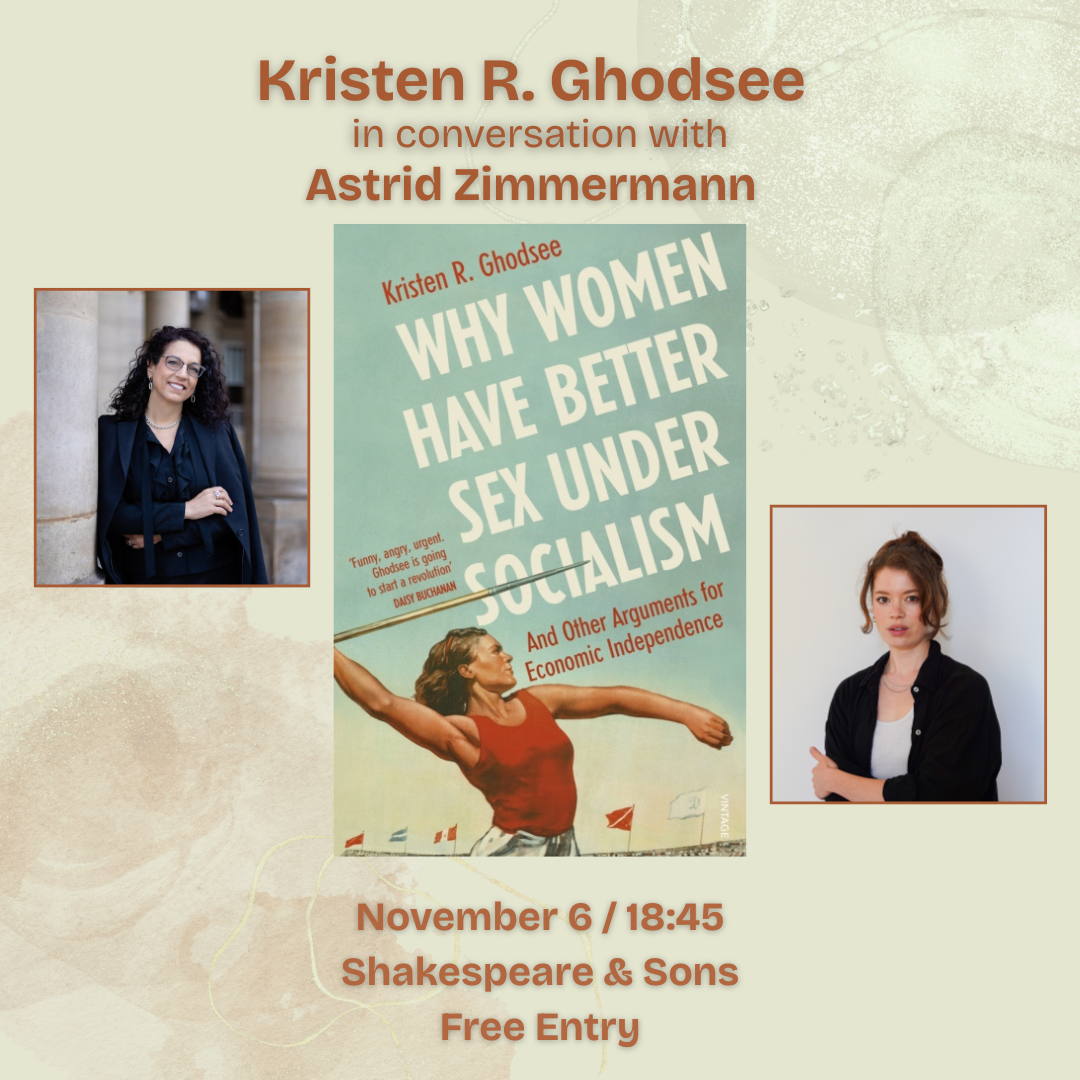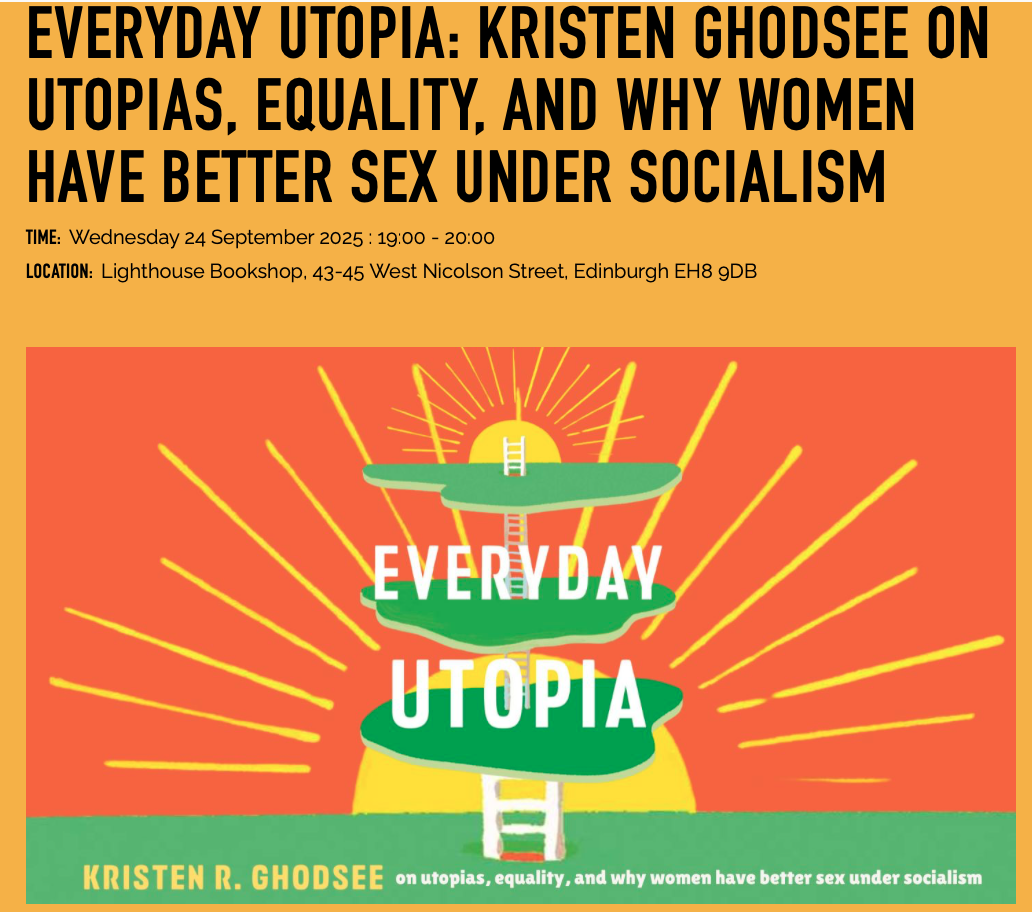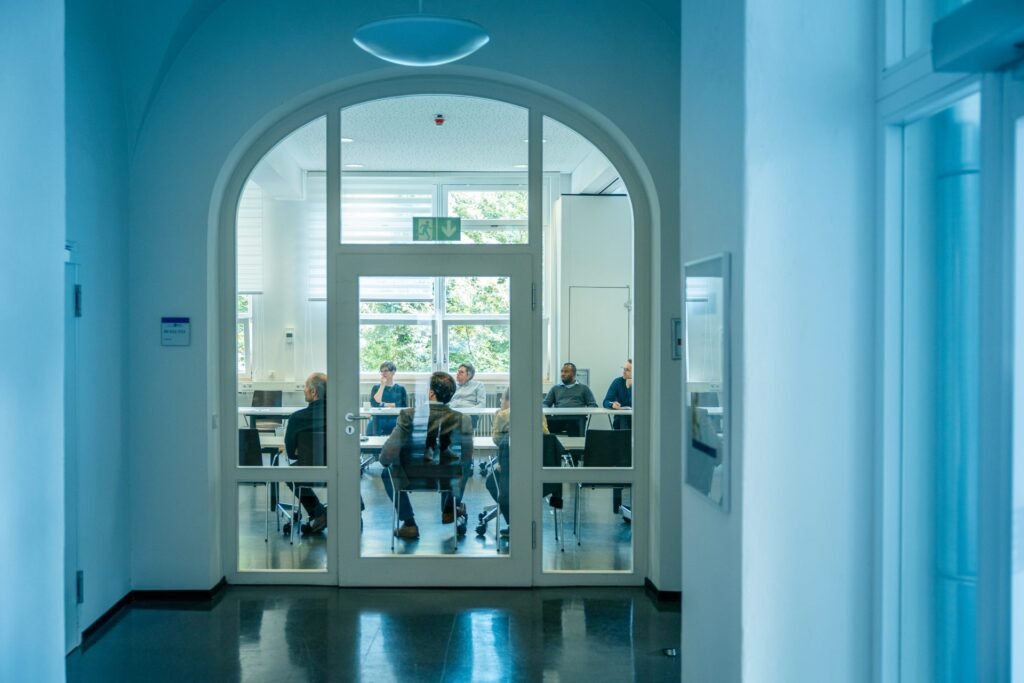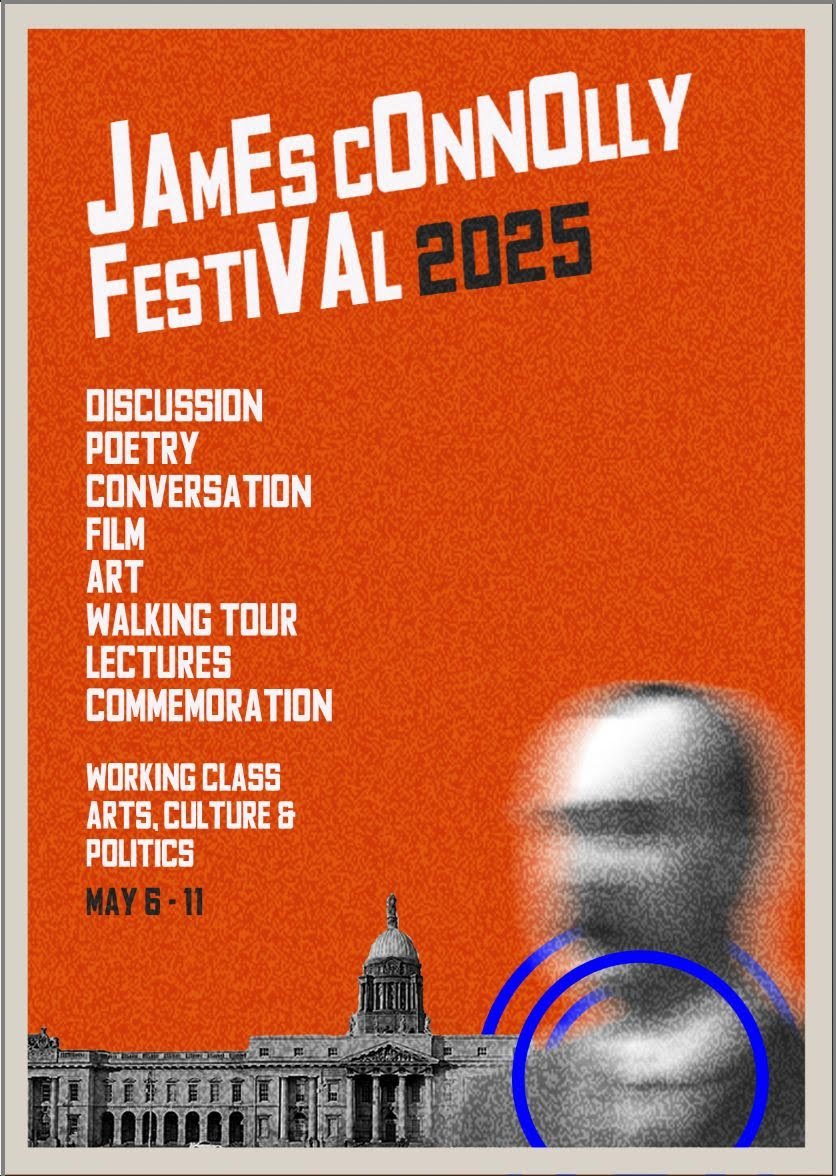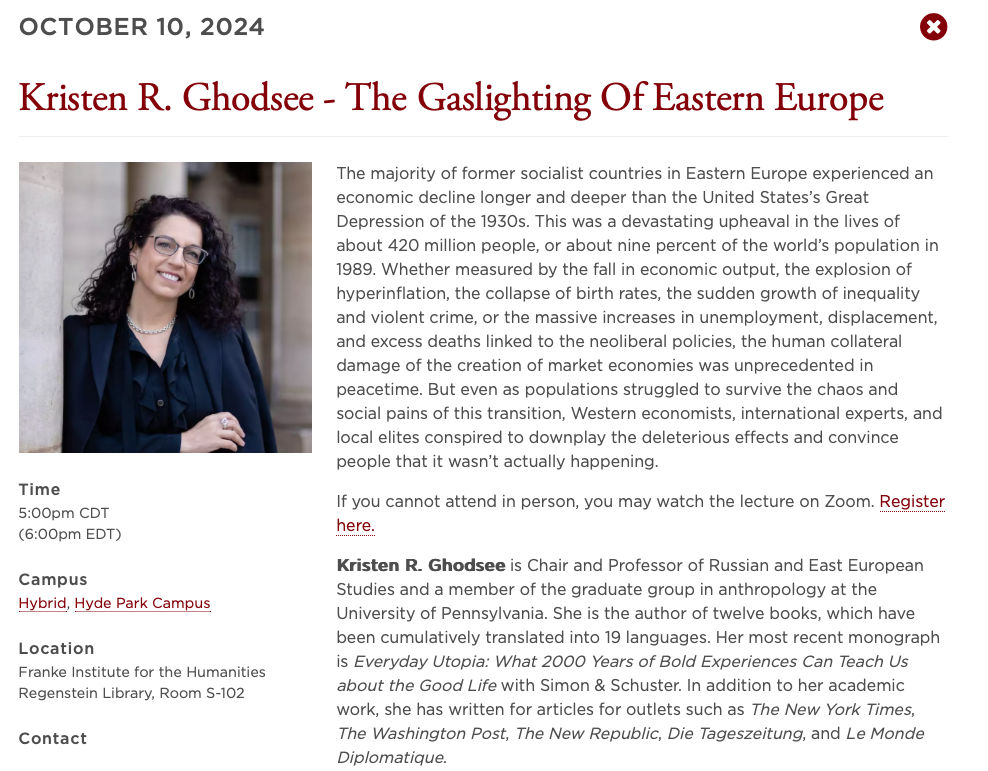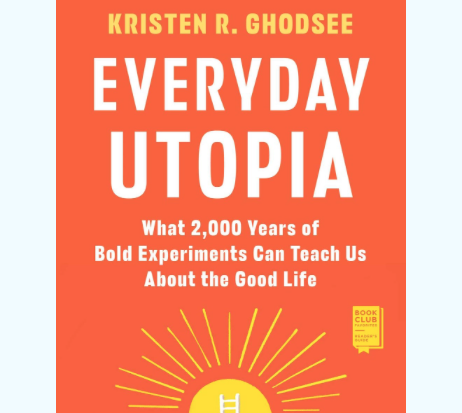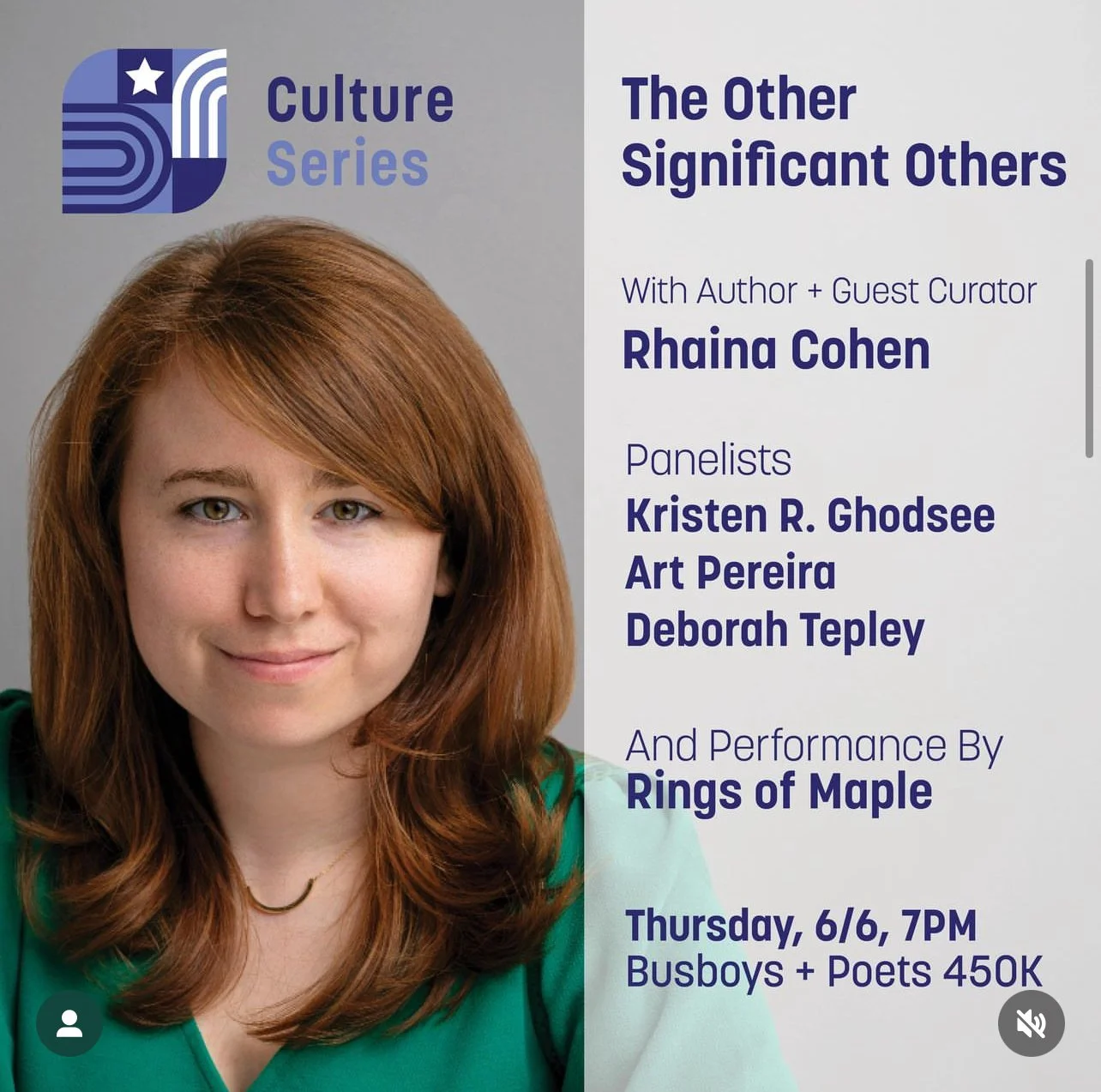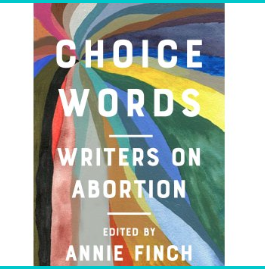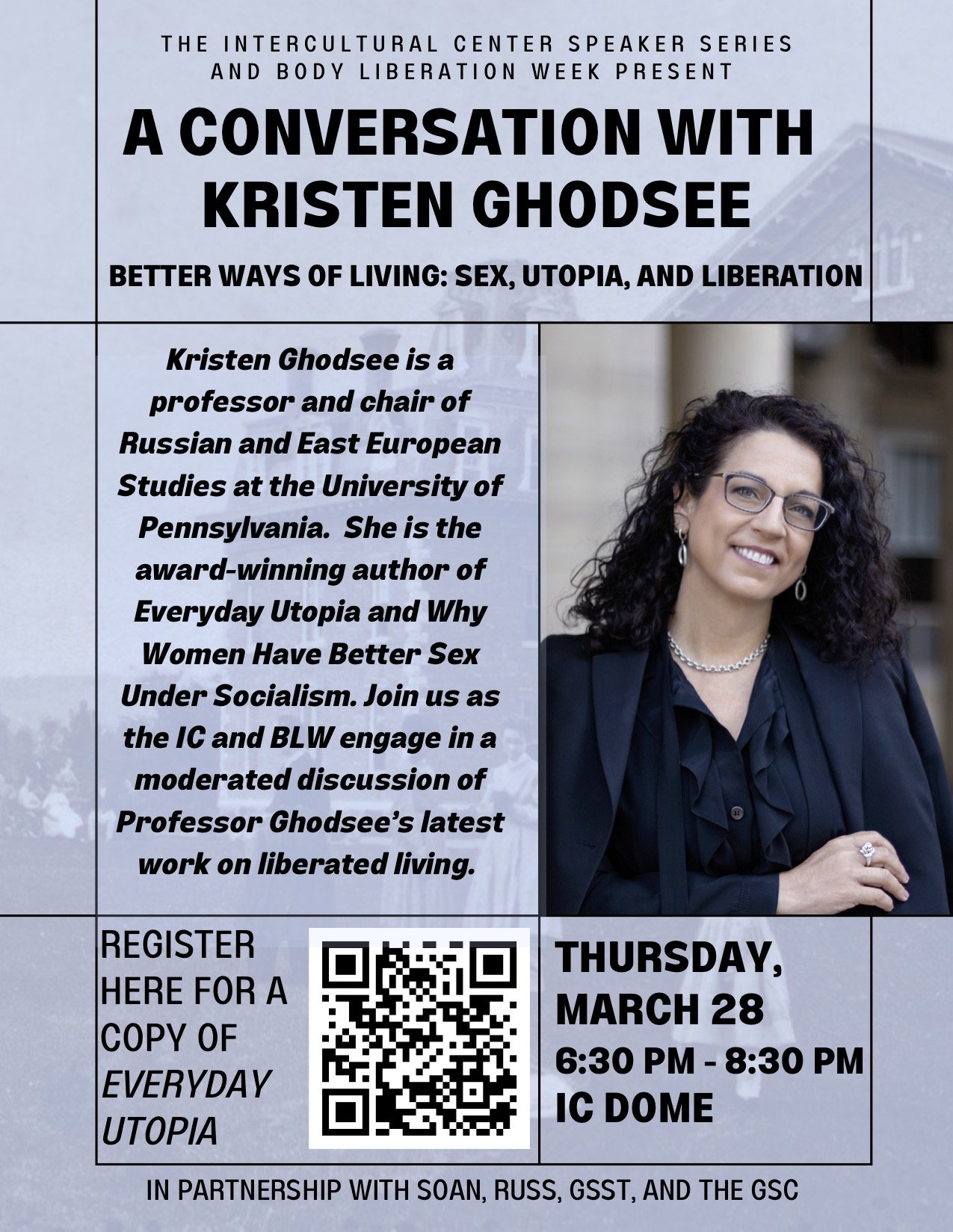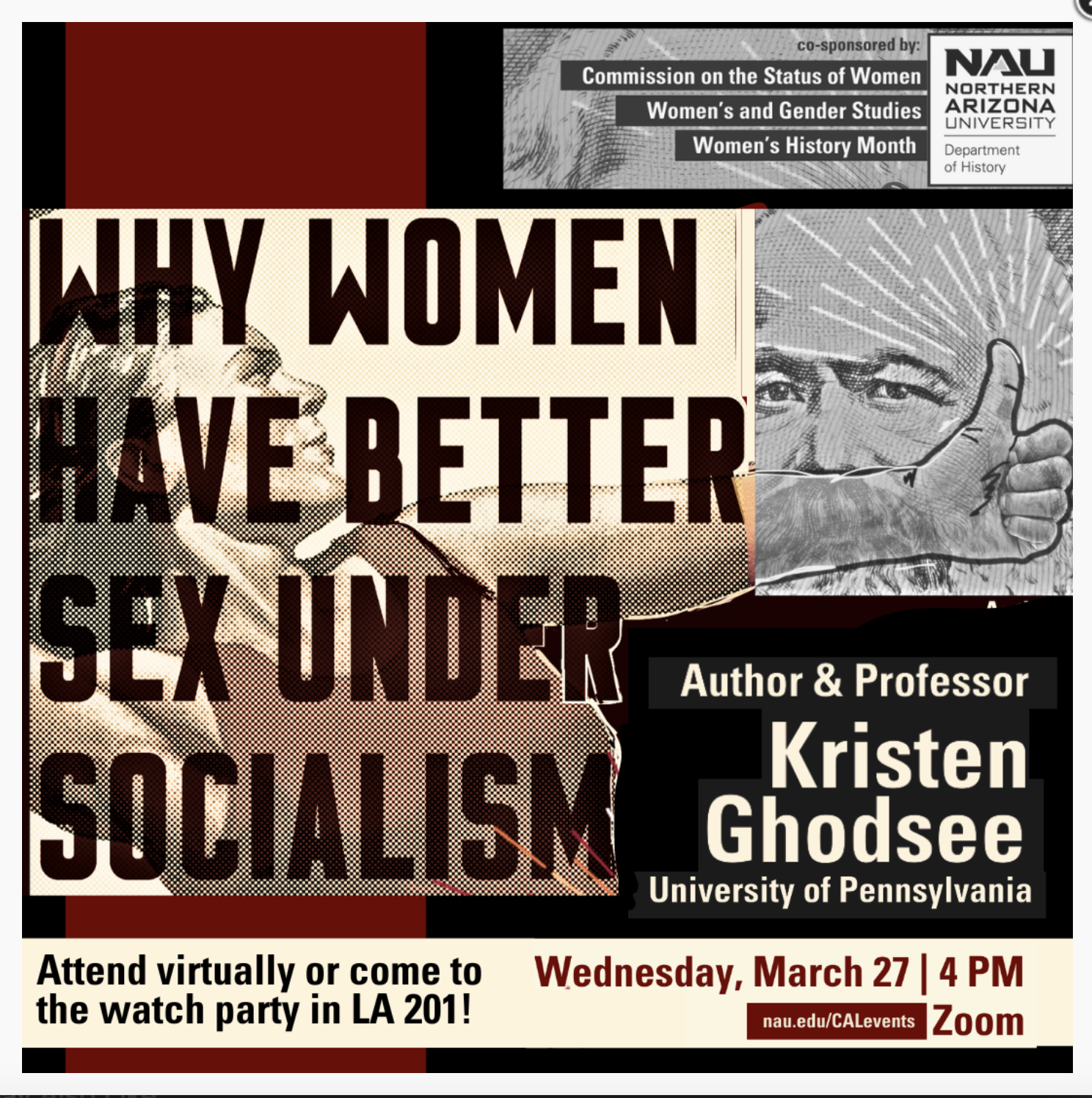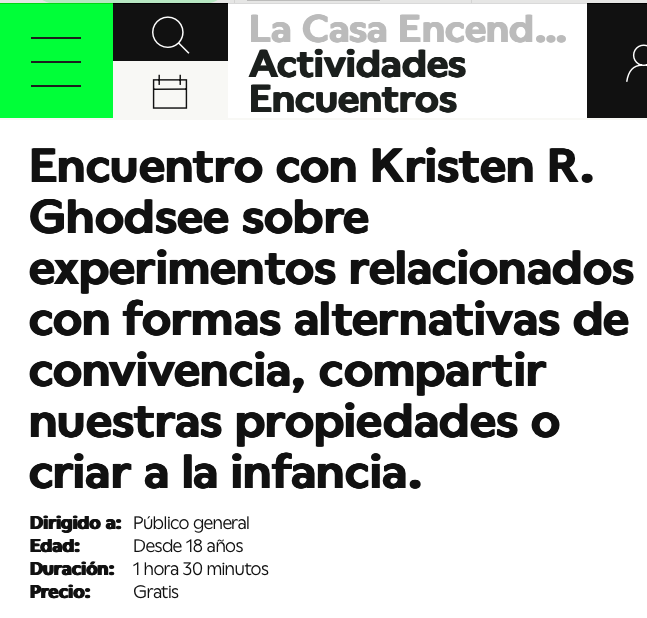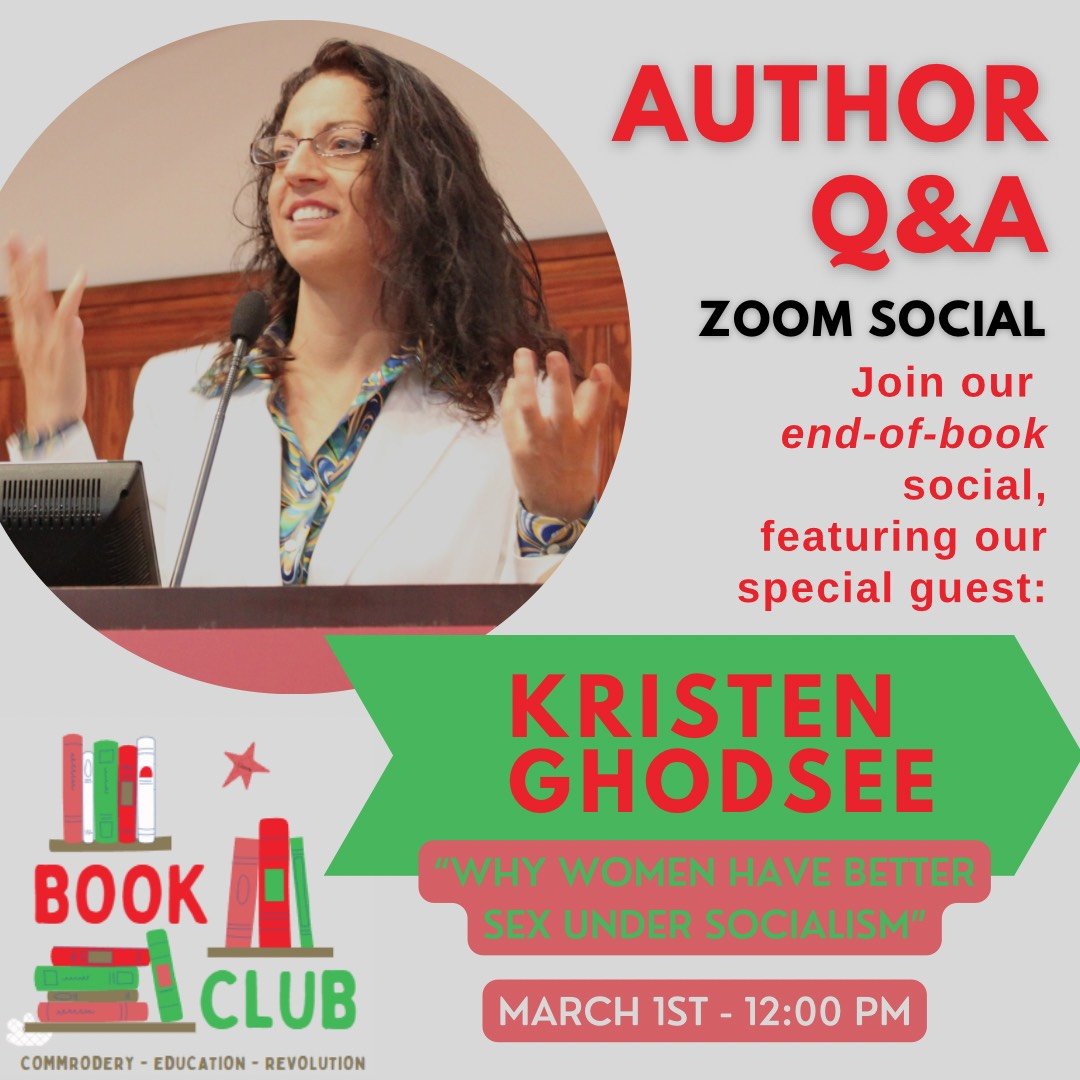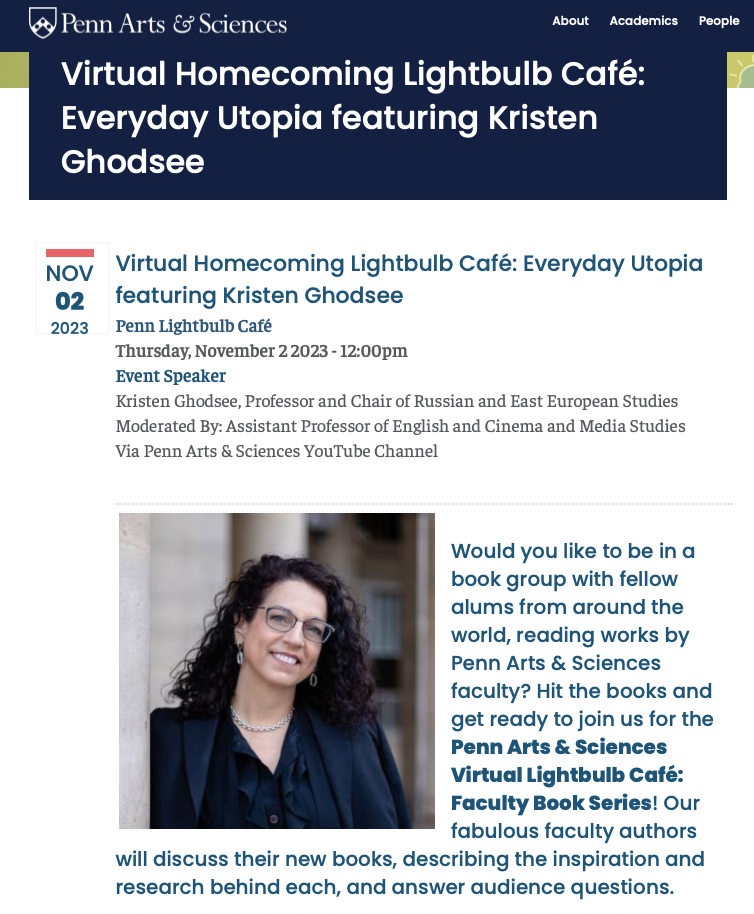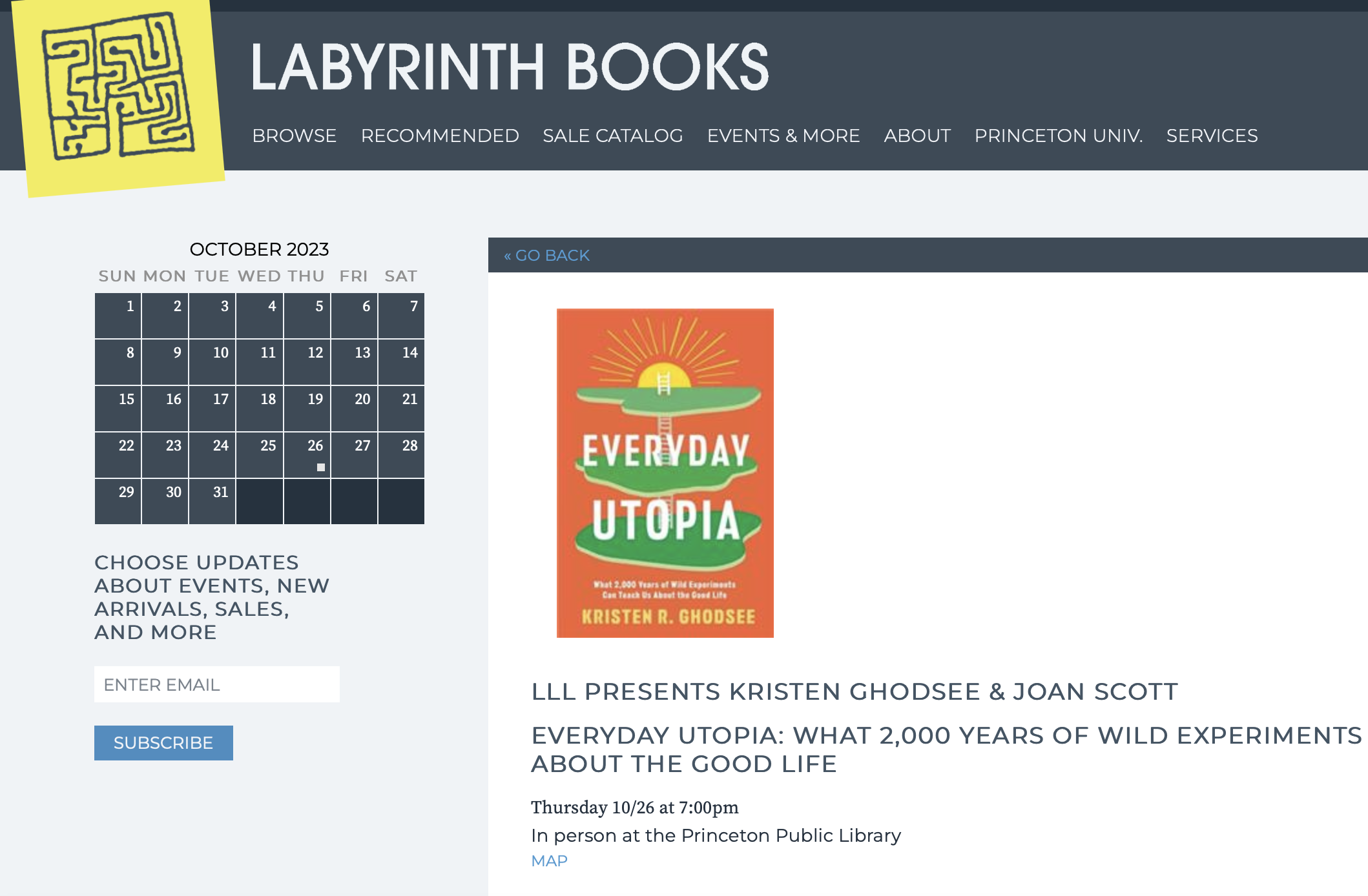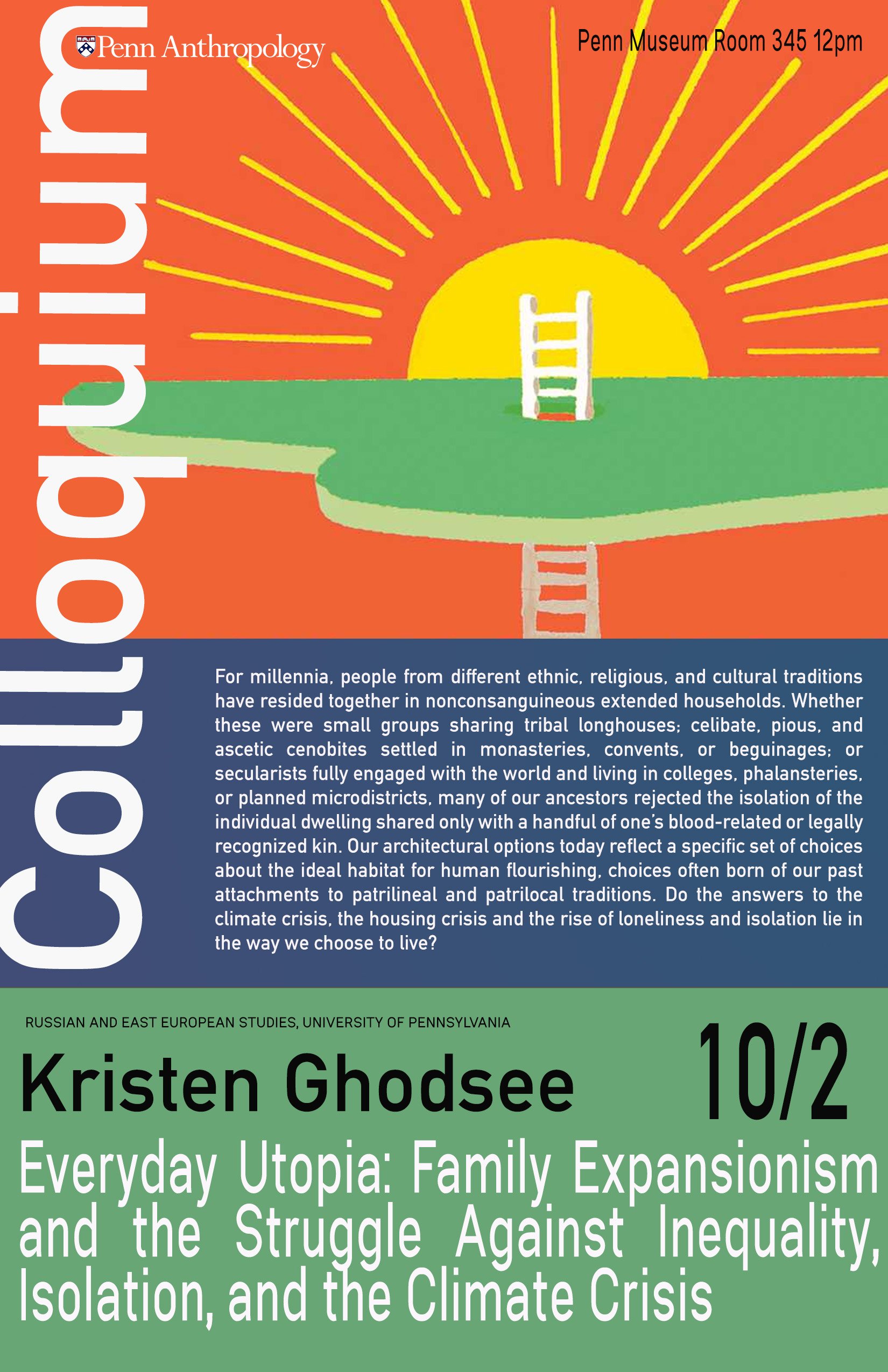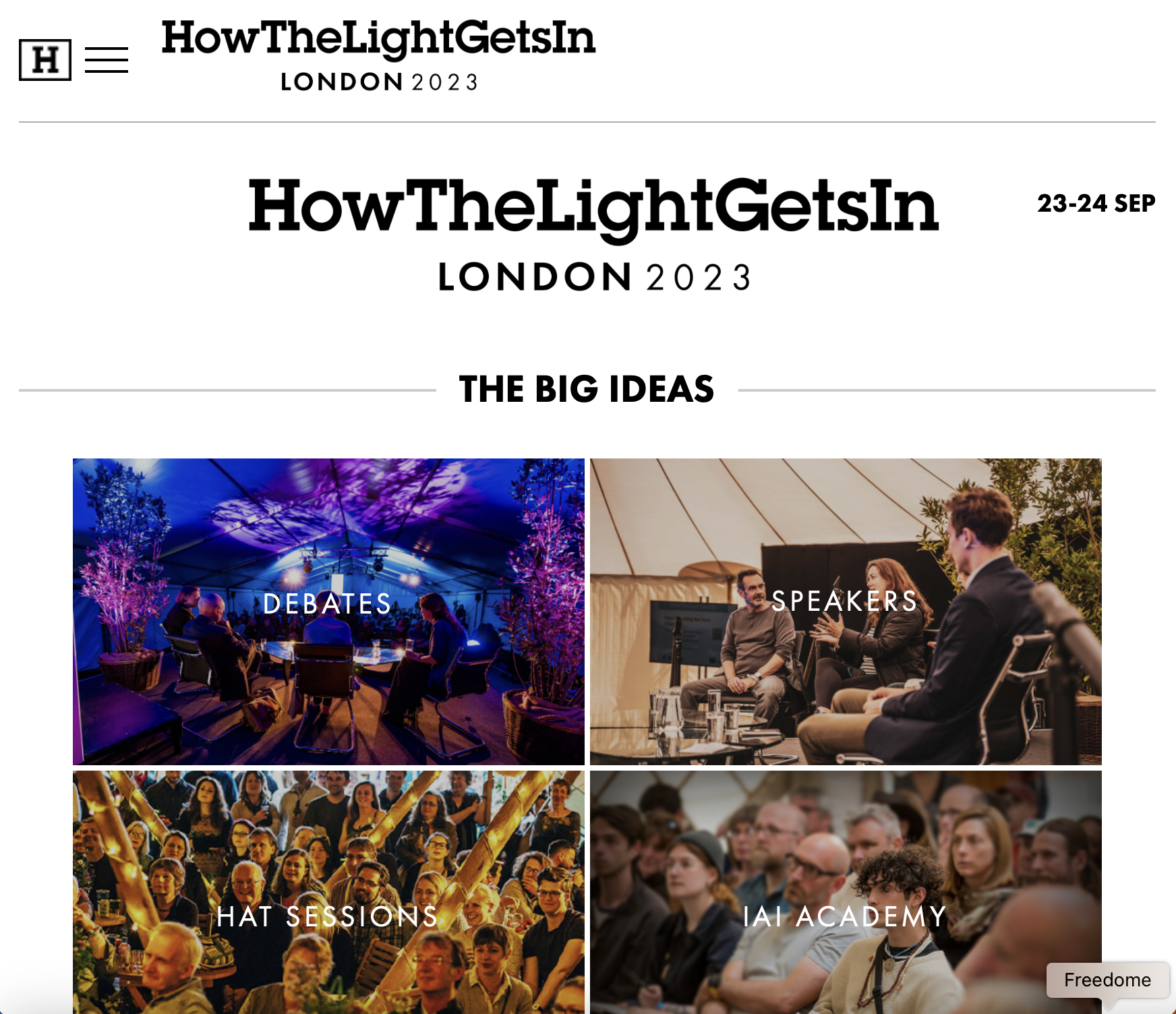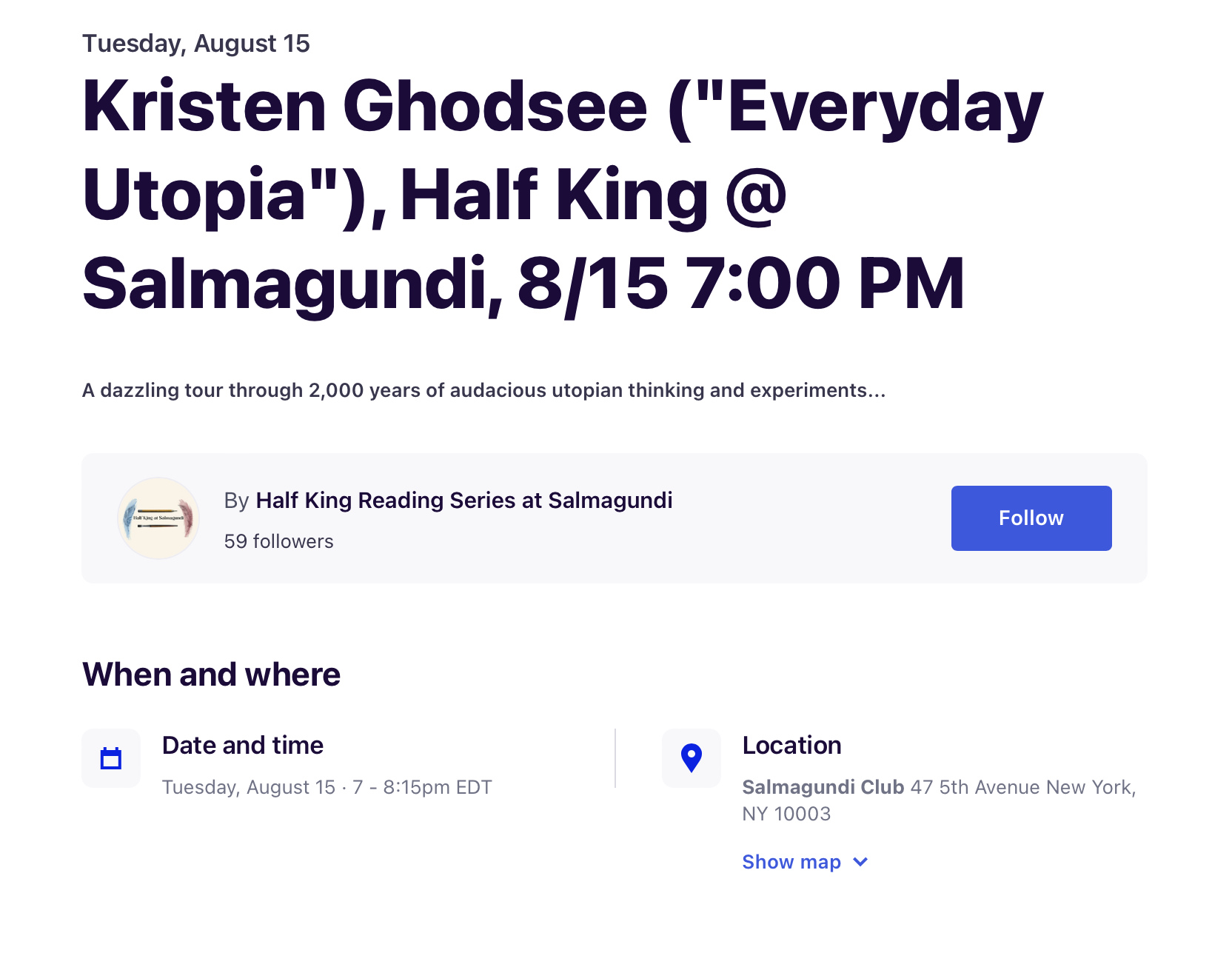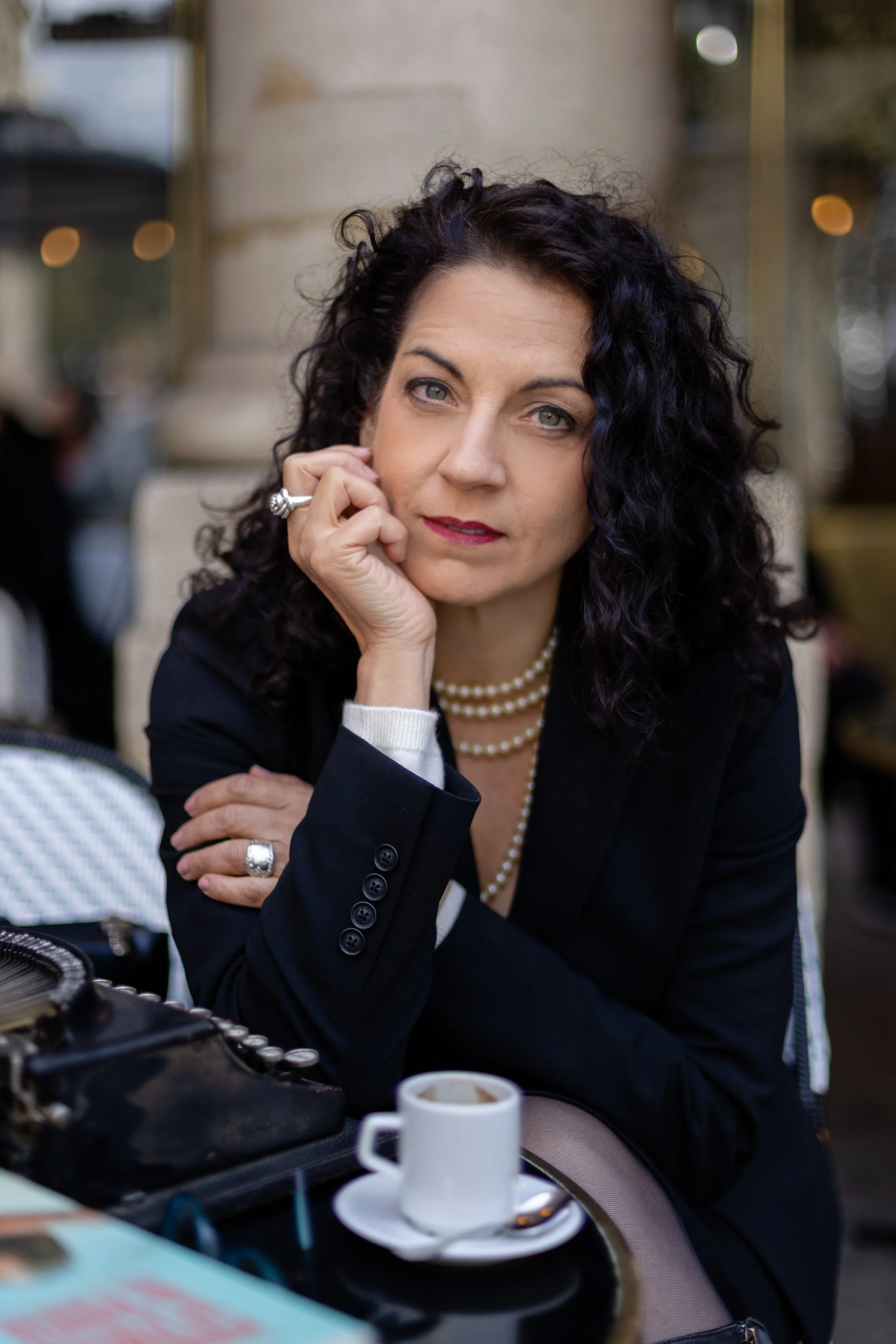
What Has Socialism Done for Women?
The Research Center for the History of Transformations (RECET) at the University of Vienna and the Research Platform "Transformations and Eastern Europe" invite to their regular Transformative Salon on 4 December 2025 at 7 PM, this time with Kristen Ghodsee (University of Pennsylvania).
Venue: Café Merkur, Florianigasse 18, 1080 Vienna.
How far did state-socialist regimes in Eastern Europe succeed in realizing their promises of women’s emancipation? And how did women’s experiences compare with those in Western capitalist societies?
This salon will offer a critical overview of women’s lives under socialism before 1989, examining the paradoxes of authoritarian systems that, despite their limitations, pursued ambitious social policies. These top-down initiatives often fell short of full equality, yet they fostered significant cultural and institutional changes. In many cases, they allowed women to reconcile professional and personal lives in ways that invite comparison—and sometimes contrast—with developments in the West.
By situating these historical experiences in a broader global context, the talk will ask what lessons, if any, might be drawn for contemporary debates on gender equity and social policy.

